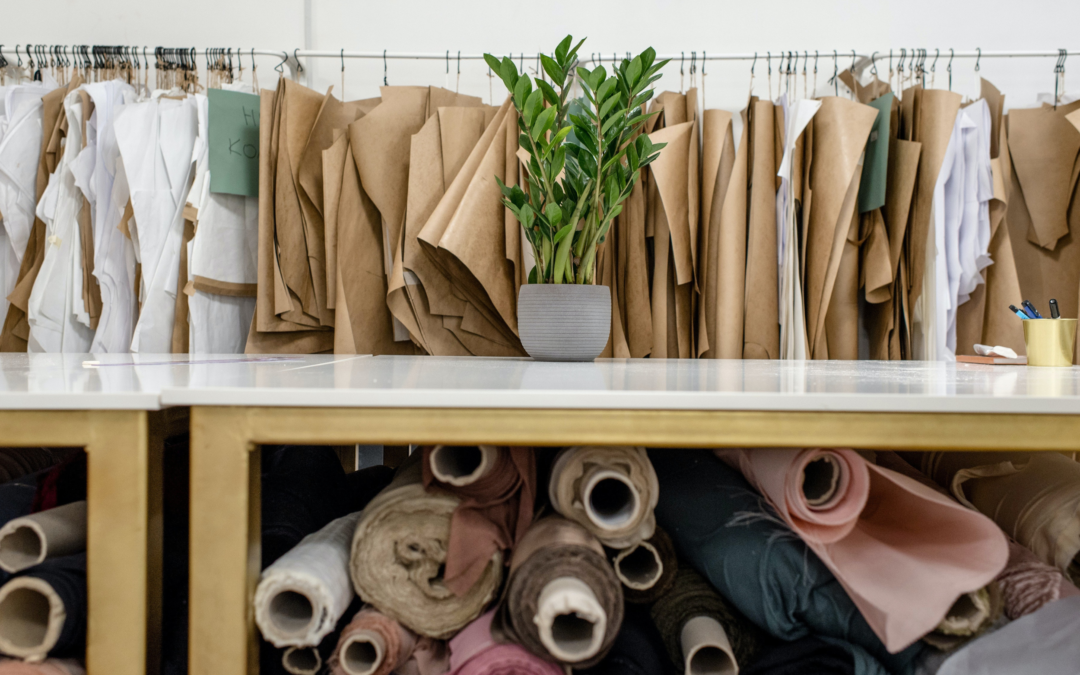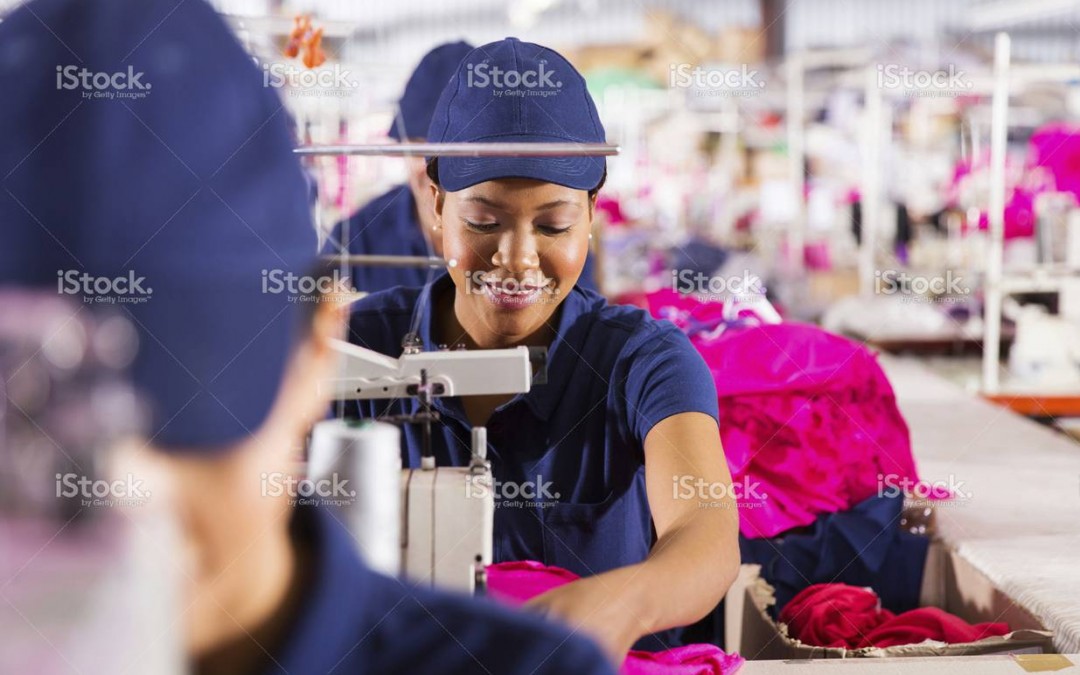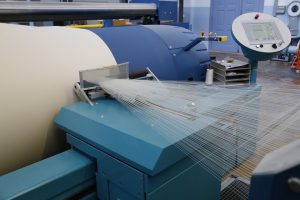
Why You Should Use A Buying House For Sourcing Garments
How Do You Best Source Garments From Around the World?
Buying houses in the apparel industry serve as middlemen between the suppliers (garment manufacturers, export houses) and retailers (apparel buyers). A buying house may also be referred to as a sourcing agent or buying agency.
The buying agency may work as an independent entity that deals with several retailers, brands, and buyers. On the other hand, some companies have their regional buying offices for sourcing purposes. Being aware of the services that a buying house provides and its critical role in the supply chain is essential for understanding its benefits.
What to expect from a Buying House
Buying houses are responsible for providing a range of services to buyers, including the following:
- Developing and sampling products for buyers
- Identifying suitable suppliers for buyers
- Processing orders from locally based vendors
- Getting in touch with buyers and seeking approval for aspects such as product development, sampling, and swatches
- Forwarding comments from buyers regarding specific requirements and samples to vendors
- Approving local vendors
- Following up on processed orders with export houses
- Ensuring that product quality is maintained from product development to the last inspection
- Buying houses may outsource fabrics for vendors and buyers
- Carrying out compliance audits at factories
- Logistics and shipping
Evolving Role of Buying Houses
Depending on the company, roles may differ but buying houses are generally mandated to oversee the development of a variety of products that target a specific customer base and price range. There are different departments and functions within the company. These include product and design development, merchandising, technical, quality assurance, textile testing, fabric sourcing, shipping, and administrative duties.
Garment sourcing from Vietnam is a strategic business move that adds to sourcing flexibility from other established sourcing bases in Asia. This sourcing base includes countries such as India, China, Bangladesh, and Cambodia. Owing to the region’s position as a critical player in the garment and textile sector, it has become increasingly important to maximize it as a sourcing hub that features quality and value for money. Vietnam is a highly appealing prospect for buyers due to compliance, time-efficiency, and emphasis on specific customers’ specialized products.
What it takes to be an efficient Buying House
Like any other type of business, a buying agency is expected to fulfill a specific need in the market. It requires an office that it operates from as a credible existing business entity. Buying houses consist of product development facilities that typically include designers, sampling rooms, and showrooms.
Team Work
One of the essential aspects of running a successful buying house is developing a product profile or range with an innovative team. It is vital to create a team that consists of merchants, quality assurance, and technical department.
Merchants are responsible for communicating with buyers and suppliers on a daily basis. This role can extend to developing samples from supplier and vendor factories, sourcing materials, and giving suppliers approval.
Suppliers
Buying houses develop supplier bases, which involves having an extensive list of suppliers. A large supplier base offers the benefit of access to competitive pricing for products and covers a broader range of products and increases production capacity for large buyers. It is always a good idea to include small, medium, and large manufacturers in a supplier base for social compliance in the supply and distribution chain.
Samples and Sourcing
Several small buyers seek buying houses that have facilities for sample development services. Buying houses can perform this task on behalf of purchasing companies. Agencies have the option of setting up their own sample rooms to achieve this or collaborate with suppliers who can develop them after being given production orders.
Purchasing companies generally prefer dealing with buying houses that give them a comprehensive solution for textile sourcing. When a sourcing agent offers a complete package for orders, this often includes product development, sampling, quality assurance, final inspection, shipment, and logistics.
Good Working Relationships
A thriving buying house depends on the relationship it develops with buyers. This relationship involves being aware of what companies require and their particular product preferences. The buying house is prepared to handle fabric preferences, product ranges, colors for different seasons, and costing.
Significance of Buying Houses
Buying houses are integral components of South Asia export and import markets. Although several large buyers directly deal with factories, several medium and smaller buyers opt to work through mediators commonly referred to as buying agents. These are basically companies that facilitate coordination between one or more factories and the buyer.
A purchasing agent is beneficial because several factories producing quality products may not be big enough to work effectively with the larger global buyers. There may also be cultural issues and language barriers. Additionally, the skills required to manage production and staff locally differ from the necessary skills for handling international clients. Ultimately, managing all the needs of a global buyer is not the same as managing a workforce on a local scale and yielding quality production results.
Expenses
Companies that are not planning to set up offices for the purpose of managing their operations in South Asia can hire a buying agent to represent them locally while working closely with them to research, locate, negotiate and handle suppliers in the region. They can also help with quality control, inspections, and developing a network of suppliers. Investing in a buying house is useful for minimizing operating costs and boosting revenue.
Safety and Security
Understandably, some buyers may be skeptical about dealing with buying houses in the garment sector. Like with any industry, it is crucial to be aware of where the products are being made and ensure that all the factories treat their workers following stipulated local and international laws.
Working via a buying agent does not mean that the buyer is restricted from approving the factories. It also does not indicate that the buyer will completely lose control of who makes the products and how the products are made. Importers can rest assured they will always have the option of being actively involved.
Several large buyers carry out inspections and conduct audits randomly to make sure that standards are maintained. Therefore, using a buying agent is a worthwhile consideration, and involving this type of company can yield real value.
Making Business Easier and Cutting Costs
Sourcing agents play a valuable role in helping a company during the process of finding sources of supplies and products at competitive prices for the company to cut costs on production. These agents may run businesses that serve different companies or represent one employer. This type of work usually requires ample knowledge of several languages and coordination and sound business principles. Companies can use sourcing agents locally to access the best prices possible.
Agents are well connected to local companies and know where they can find a variety of supplies. They have the skills required to negotiate with potential suppliers and work out deals and discounts that the purchasing company does not have time to discuss on its own.
This strength is a significant benefit that can go a long way towards saving the buyer money, along with the prospect of creating valuable and ongoing contracts for suppliers. Both the buyer and supplier have a lot to gain from working with the right sourcing agent.
Companies can also work with sourcing agents overseas. In this regard, they depend on the agent to identify companies that they can deal with in other regions. For instance, garment sourcing Bangladesh includes evaluating the buyer’s needs, finding suppliers, and meeting them to determine whether they have the capacity to take the production orders. It also involves inspecting factories to ensure they meet the required standards and may also consist of assessments to address social compliance issues.
A sourcing agent specializing in Vietnam can also handle aspects like import and export duties, which can be challenging to find for foreign companies. The agent’s resourcefulness and skills are crucial for reducing costs and moving product shipments faster with fewer possibilities of delays along the supply chain. In areas where business negotiations can become complicated, an agent who is well-versed with the community’s norms will overcome these challenges efficiently and quickly.
The OrientWorks Inc. Advantage
An OrientWorks sourcing strategy will provide:
- Flexibility with minimum order quantities
- Sourcing strengths from suppliers across the globe
- Select suppliers and factories that will deliver the best quality for prices charged
- Managed quality assurance. That will be visible at each stage of the sourcing process
- Ability to provide inline and final quality inspections in a variety of Asian countries, including India, China, Bangladesh, Cambodia & Vietnam
- A sophisticated understanding of fashion trends makes it easy for buyers and product development teams to coordinate with factories in Asia.
- Benefit from our research & development in house and with partner factories in Asia.
- Recognition of the importance and delivery of fast sampling and production processes.
- Advice and support in global logistics & distribution decisions to deliver on time.
- Last but not least, an effective claim handling process.
Conclusion
There are several benefits of using a buying house in the apparel industry. One of the main reasons to take this approach is that it increases the likelihood of locating high-quality products quickly and resourcefully.
Sourcing from overseas makes it harder to keep track of suppliers locally, and you will not be able to keep a close eye on product quality. Additionally, communication between buyers and suppliers may not be exact and efficient when dealing with people from different cultures. An essential aspect of ensuring that you receive goods that meet your standards and can be easily resold within your market is to find a credible apparel buying house.
Professional buying houses act as reliable middlemen who are prepared to invest their resources to connect you to dependable suppliers for you to get the right products at an affordable price. Getting help from a buying house means that you are more likely to reduce costs, maximize profitability, and save time.



